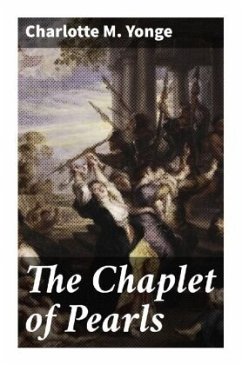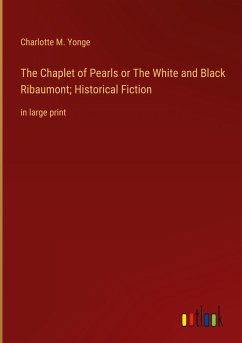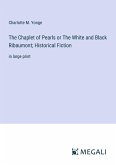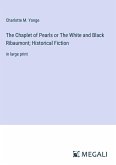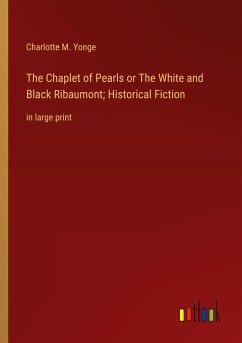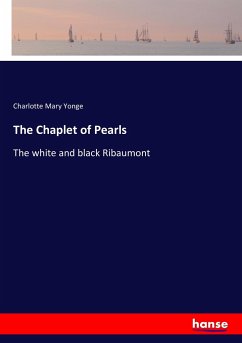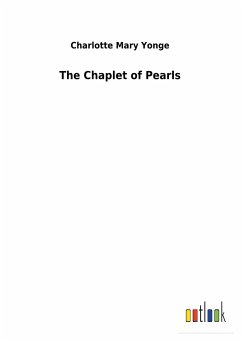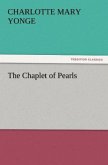In "The Chaplet of Pearls," Charlotte M. Yonge weaves a rich tapestry of moral and spiritual exploration set against the backdrop of the 19th-century societal norms. Through the lens of her vivid characters, Yonge delves into themes of loyalty, integrity, and the transformative power of suffering. The narrative's literary style is emblematic of the Victorian period, blending didactic elements with captivating storytelling, encouraging readers to reflect on personal virtues and communal responsibilities. The interplay between individual choices and wider societal implications serves to highlight the intricacies of human relationships and the enduring quest for redemption. Charlotte M. Yonge, a prominent figure in Victorian literature, was deeply influenced by her strong religious upbringing and her commitment to moral education. As a prolific writer, Yonge sought to address the challenges of her time, particularly for women, frequently drawing upon her observations of social dynamics to inform her narratives. Her background as an educator and a devout Anglican informs the fervent moral underpinnings present in this work, making it both a personal and a cultural reflection. This profound and engaging novel is highly recommended for readers interested in Victorian literature, women's studies, and moral philosophy. Yonge's mastery of language and character development will resonate with those who appreciate nuanced storytelling rooted in ethical inquiry, making "The Chaplet of Pearls" a timeless exploration of faith and human values.
Bitte wählen Sie Ihr Anliegen aus.
Rechnungen
Retourenschein anfordern
Bestellstatus
Storno

